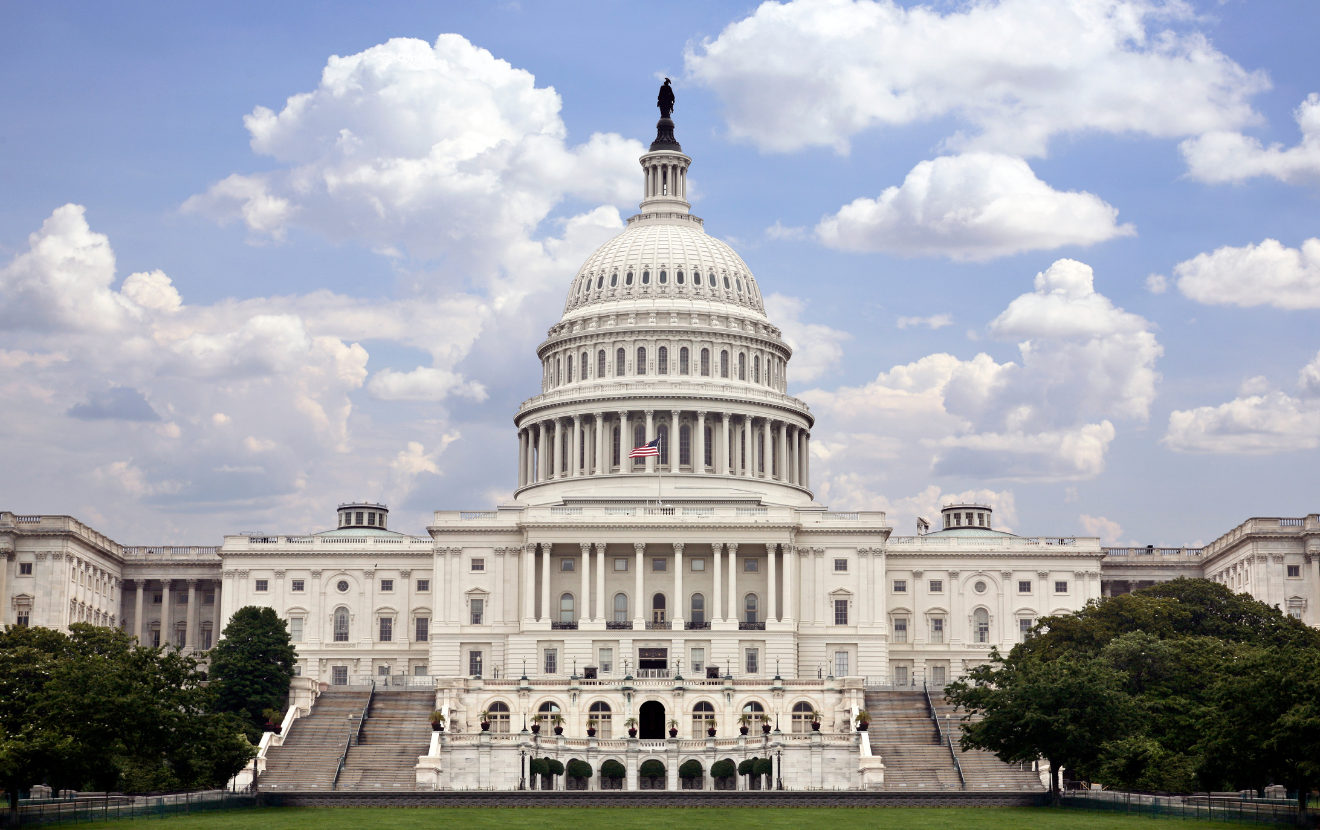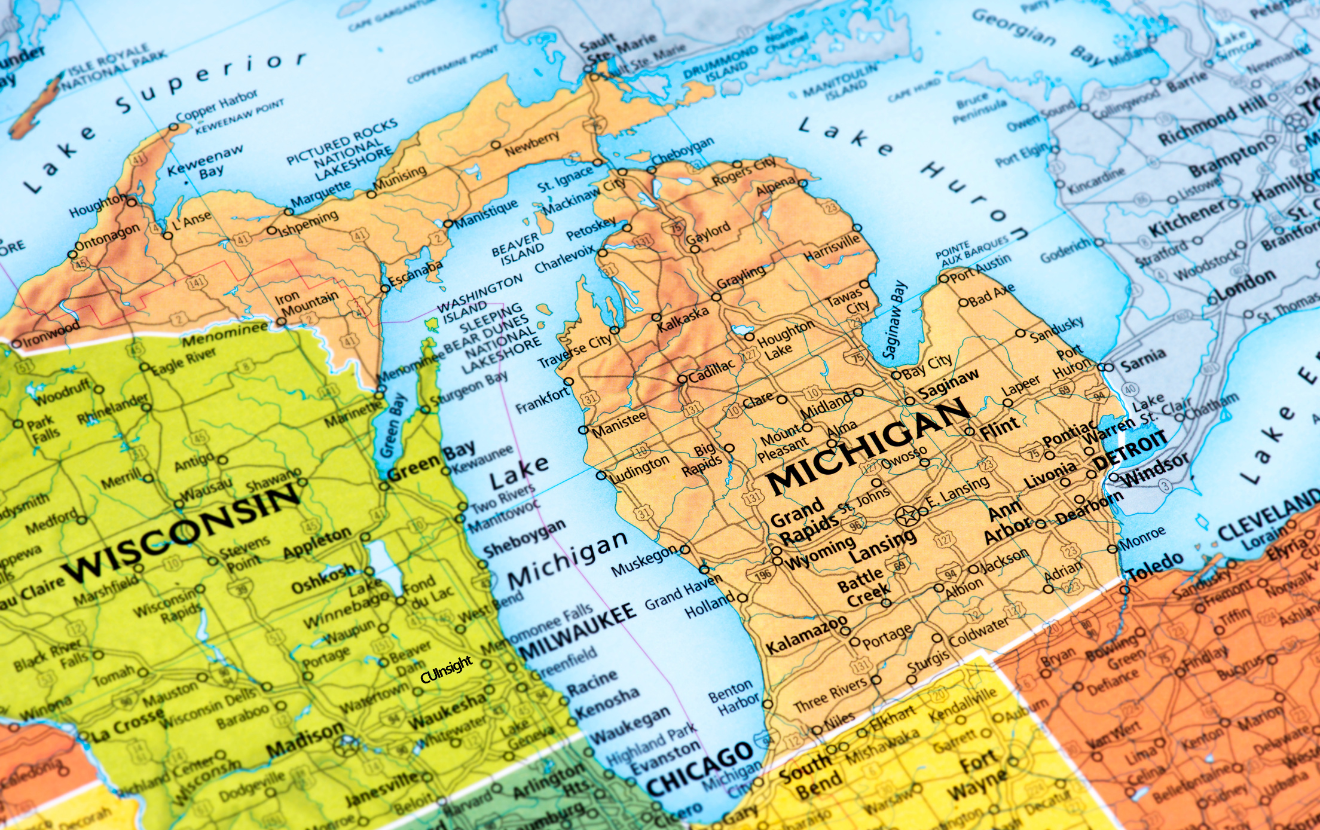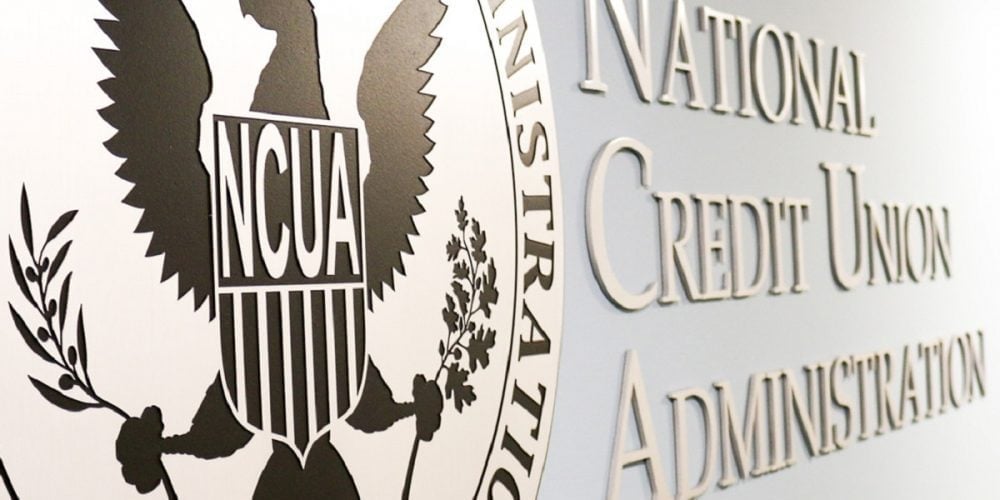In a unified and urgent appeal to Congress, a coalition of credit union advocates representing more than 4,500 institutions and over 140 million members have issued a powerful letter defending the federal tax-exempt status of credit unions. With debates about the future of tax policy heating up ahead of the expiration of provisions from the 2017 Tax Cuts and Jobs Act, the letter emphasizes that any move to alter credit unions’ tax status would have dire consequences—not just for credit unions, but for millions of everyday Americans who rely on them.
The heart of the appeal: Credit unions are different
At the core of the letter is a crucial reminder: credit unions are fundamentally distinct from for-profit banks. They are member-owned, not-for-profit cooperatives with a mission to serve, not enrich. Their structure ensures that all profits are reinvested directly into the membership base, whether through lower loan rates, higher savings yields, or reduced fees. Unlike banks, there are no shareholders demanding dividends—every member is both a customer and an owner.
This unique model was the very reason Congress granted credit unions tax-exempt status more than 80 years ago. It wasn’t a loophole or a subsidy—it was an acknowledgment of their purpose to serve “people of small means” and strengthen communities, not to generate profits for Wall Street.
A record of tangible benefits
The letter outlines the wide-ranging financial and social benefits credit unions bring to the American public. Their impact includes:
- $12 billion annually in member savings, through lower loan interest rates and reduced fees.
- Over $37 billion in annual economic value, directly and indirectly benefiting their members.
- Estimated savings of $220 per year per member, compared to traditional banks.
- Access to affordable loans, credit counseling, and financial education, particularly for underserved populations.
Additionally, credit unions lead the way in financial inclusion. More than half of U.S. credit unions are designated as Low-Income Credit Unions, serving 73 million Americans. Hundreds more are certified as Community Development Financial Institutions (CDFIs), focused on revitalizing underserved neighborhoods through fair lending and inclusive financial services.
Small business support and local investment
While large banks often overlook smaller or riskier borrowers, credit unions continue to fill the gap. Over 2,000 credit unions now provide small business loans, a 20% increase over the past decade. In contrast, big banks reduced their small business lending by 8% during the same period.
These loans power Main Street: whether it’s helping a veteran start a business or funding a local entrepreneur’s dream, credit unions invest in people and communities, not profits. Such stories underscore how essential credit unions are in fostering economic mobility and sustaining local economies.
The growing threat from big banks
The letter also outlines a growing concern: aggressive lobbying from banking trade associations who argue that large credit unions should be taxed like banks. These efforts are seen as self-serving, especially given the massive tax advantages already enjoyed by banks.
Consider this:
- The banking sector holds over $24 trillion in assets, nearly ten times more than credit unions.
- Over 2,000 banks use the Subchapter S tax loophole to avoid corporate taxes, costing the U.S. Treasury $1.8 billion annually.
- The 2017 tax cuts slashed corporate rates, gifting banks an estimated $28.8 billion in 2017 alone and $447 billion over 10 years.
Yet, many of these same institutions are lobbying to impose new taxes on credit unions—entities with no shareholders and a public service mission. This, credit union leaders argue, would punish institutions that prioritize working families and community development while rewarding profit-driven banks that already benefit from multiple tax breaks.
The high cost of losing the tax exemption
The letter warns of sweeping negative consequences if credit unions lose their federal tax-exempt status:
- Higher costs for members: Without the exemption, credit unions would have to redirect funds to taxes instead of member benefits, resulting in higher loan rates, lower deposit yields, and increased fees.
- Reduced access to financial services: Especially in low-income, rural, and underserved communities, the loss of tax-exempt status could force many smaller credit unions to shut down, leaving residents without access to fair financial alternatives.
- A shrinking credit union industry: Hundreds of institutions may be forced to consolidate or close, reducing competition and handing more market power to big banks. Even non-credit union customers could feel the pinch—studies show that credit unions’ presence forces banks to keep rates competitive.
- Economic harm to communities: The ability of credit unions to support local charities, provide emergency financial aid, and deliver financial literacy programs would be undermined. The ripple effect would be felt in communities nationwide.
To put it in stark terms, taxing credit unions would be a regressive move—effectively a new tax on low- and middle-income Americans who benefit most from the credit union model.
Mobilizing a nationwide response
In response to threats, the credit union community launched a national grassroots campaign: “Don’t Tax My Credit Union.” The message is simple and urgent—any new tax on credit unions is a tax on the people they serve.
Already, credit union members are contacting lawmakers to voice their opposition to changes in the tax code. Their message resonates across party lines: keep credit unions strong, independent, and focused on service—not profit.
An appeal to lawmakers
The letter closes with a respectful but resolute appeal: protect the credit union tax exemption. Congressional support for credit unions has been strong for decades, and CU advocates are asking legislators to reaffirm their commitment.
This is not just about credit unions—it’s about protecting families trying to buy their first home, retirees living on fixed incomes, small business owners chasing the American Dream, and entire communities that rely on credit unions for financial security and support.
Final thoughts
In an era of rising inequality, banking consolidation, and widespread financial insecurity, the credit union model stands as a beacon of community-driven, inclusive finance. As the debate over federal tax policy intensifies, lawmakers face a clear choice: support the institutions that put people over profit, or risk pushing millions toward higher costs and fewer financial options.
The credit union community has made its case—and it’s now up to Congress to protect one of the few sectors in American finance that still answers to the people.







